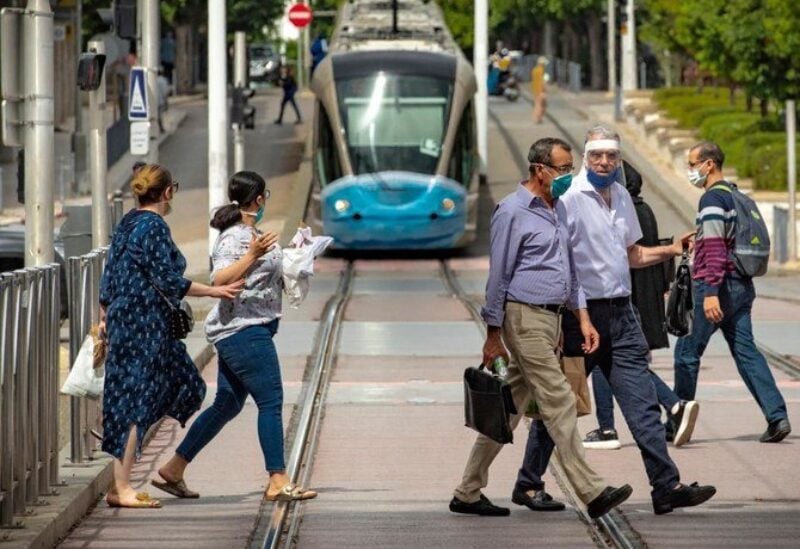
Morocco Covid
Authorities in Morocco have extended the existing nationwide health state of emergency (SoE) through June 10 to combat COVID-19 and its variants. The SoE grants the government authority to impose swift and proactive measures, including curfews and travel restrictions.
The measure also bans the entry of passengers from the aforementioned countries who are transiting through other countries.
Most other international passenger flights remain suspended until further notice; however, some airlines operate limited repatriation and charter flights. Emergency and cargo flights are exempt. Sea travel to Spain, Gibraltar, and France remains suspended. The border with the Spanish autonomous cities of Ceuta and Melilla, located on the northern coast of Africa, is closed until further notice.
Nevertheless, the country’s borders are open to authorized business visitors, such as people with invitations from Moroccan companies, to travel to the country with confirmed hotel reservations. The invitation from a Moroccan company must include the traveler’s full name and passport number, the purpose of the visit, and the length of stay in the country. Royal Air Maroc (AT) has announced that it would accommodate and allow foreigners who meet the government’s requirements to fly with the airline.
A 20:00-06:00 nightly curfew for the month of Ramadan is in force through May 13. All shops, malls, and restaurants across the country must close by 20:00 while the curfew remains in effect. Nationwide, some businesses and services, including hotels, intercity transport, and restaurants, are allowed to open, albeit under certain operating capacity limitations. Authorities have banned private and public gatherings. Domestic flights and public transport, including train and bus services, are in operation.
For disease monitoring and tracking purposes, the Moroccan government has classified certain areas in the country as Zone-1 or Zone-2 regions, based on the local level of COVID-19 activity. In Zone-1 regions, authorities have eased restrictions due to lower disease activity. Residents can leave their homes without special permits but must carry their national identity cards at all times. Certain commercial establishments, such as restaurants, cafes, hotels, beaches, and public baths, are allowed to reopen; all businesses must operate at 50 percent capacity and comply with the country’s social distancing guidelines. Zone-2 areas are those where authorities have eased only some restrictions; individuals may not travel outside their municipalities of residence without a special permit.
Authorities could reimpose, extend, further ease, or otherwise amend any restrictions with little-to-no notice depending on disease activity over the coming weeks. Garda.